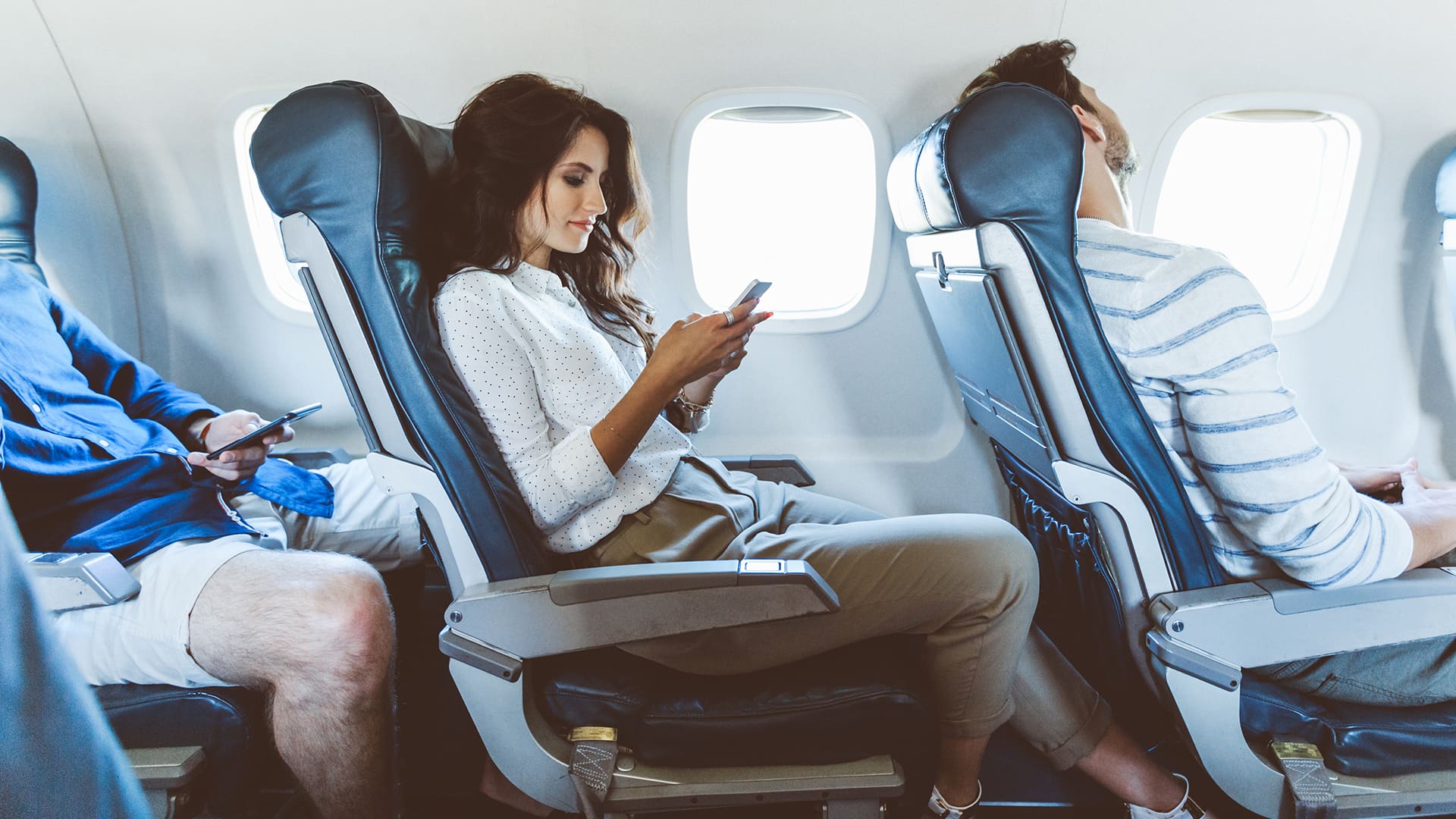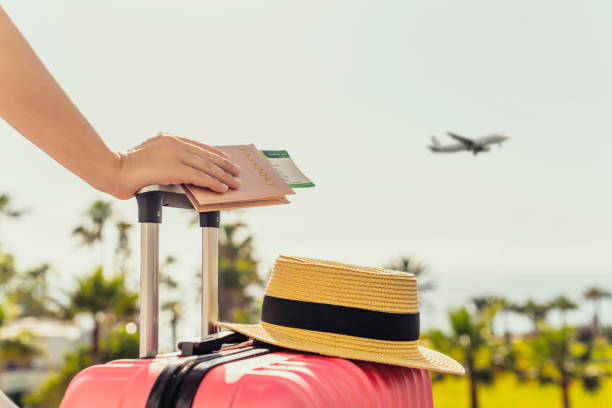Air Ticket: What is it and how does it work?

An airline ticket is a document or electronic record that confirms that an individual is entitled to a seat on a flight on an aircraft. It is a contract between the passenger and the airline, and it outlines the terms and conditions of the carriage.
Airline tickets can be purchased in two forms: paper tickets and electronic tickets (e-tickets). Paper tickets are less common today, but they are still available for purchase from some airlines and travel agencies. E-tickets are more convenient, as they are stored electronically and can be accessed online or on a mobile device.
To purchase an airline ticket, passengers must first make a reservation with an airline or travel agency. The reservation will include the passenger’s name, contact information, travel dates, and flight itinerary. Once the reservation is made, the passenger must pay for the ticket in order to confirm their seat.
Once the ticket has been purchased, the passenger will receive a ticket number. This number is used to identify the passenger’s booking and to check in for the flight.
On the day of the flight, the passenger must check in with the airline at the airport. During check-in, the passenger will present their ticket number and identification. The airline will then issue a boarding pass, which is required to board the aircraft.
Airline tickets typically include the following information:
- Passenger’s name
- Ticket number
- Flight number
- Origin and destination cities
- Date and time of departure
- Date and time of arrival
- Fare class
- Baggage allowance
Airline tickets may also include other information, such as the passenger’s frequent flyer number, travel insurance information, and meal preferences.
Here are some tips for purchasing and using airline tickets:
- Be flexible with your travel dates and times. If you can, avoid flying during peak travel periods, such as holidays and weekends.
- Consider flying on budget airlines. Budget airlines often offer lower fares, but they may also have more restrictions on baggage and other amenities.
- Book your ticket in advance. The earlier you book, the more likely you are to get a good deal.
- Compare prices from different airlines and travel agencies before you book.
- Read the terms and conditions of the ticket carefully before you purchase it. This will help you understand the airline’s policies on cancellations, changes, and refunds.
- Arrive at the airport early to check in for your flight. This will give you plenty of time to go through security and get to your gate.
Airline tickets are an essential part of air travel. By understanding what they are and how they work, you can save money and make your travel experience more enjoyable.






